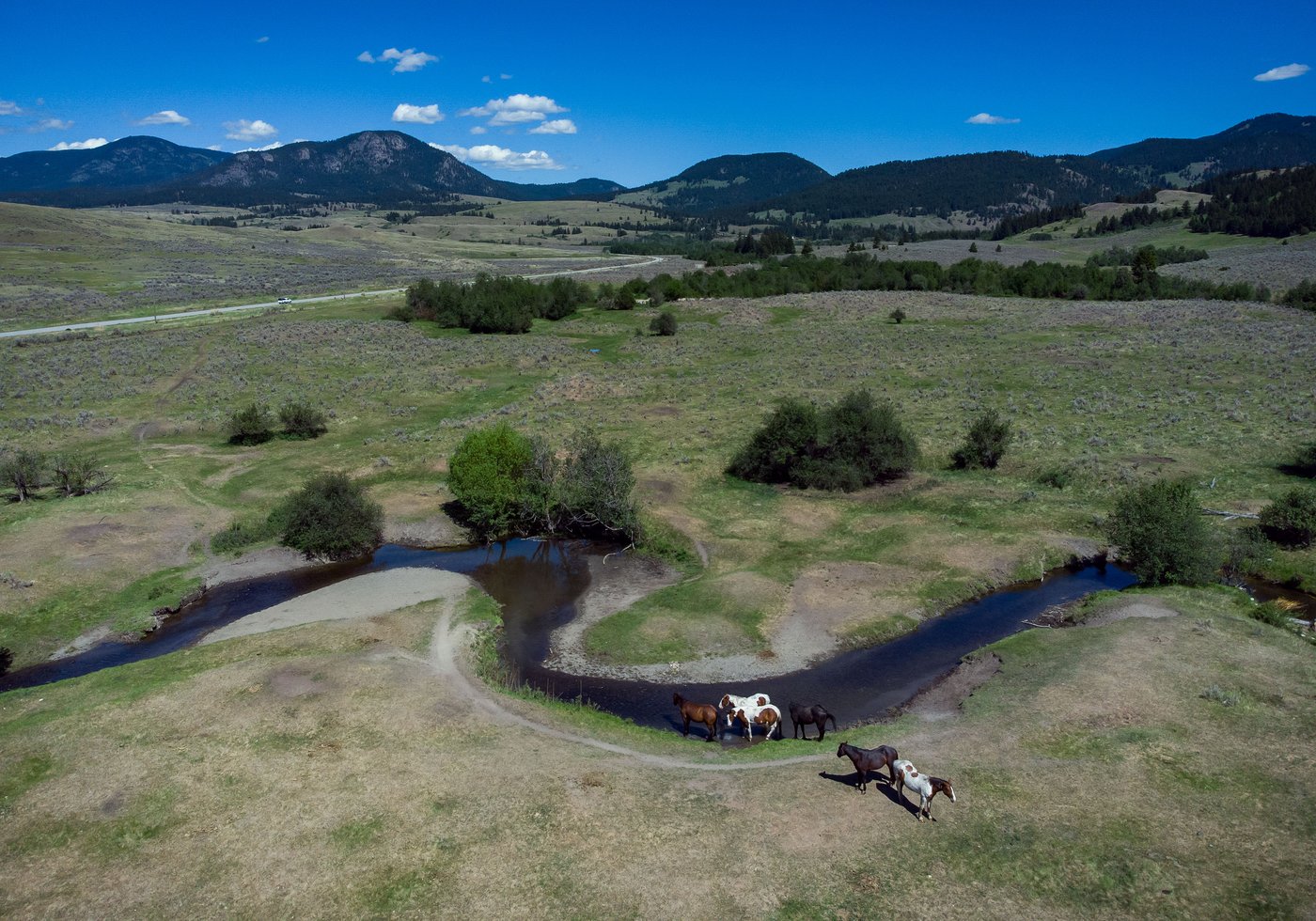Elevate your local knowledge
Sign up for the iNFOnews newsletter today!
Sign up for the iNFOnews newsletter today!
Selecting your primary region ensures you get the stories that matter to you first.

KAMLOOPS — Provincial meat inspectors in British Columbia have been classified as essential workers after ranchers and meat processors complained that an ongoing public service strike was threatening the industry.
Agriculture and Food Minister Lana Popham said in a statement Thursday night that she’s pleased a deal has been reached with the BC General Employees’ Union and that “abattoirs play a critical role in supporting farmers and ranchers throughout B.C.”
BCGEU president Paul Finch said earlier in the day that he only found out about the problem on Wednesday and blamed the government for not making the workers essential sooner.
BC Cattlemen’s Association director Paul Devick had sent a letter to the province saying the strike had resulted in a work stoppage by agri-food inspectors in some areas.
Premier David Eby told an unrelated press conference he agrees that agriculture should be considered an essential service, as it had been in previous labour disputes, and the government would go back to the Labour Relations Board to make “exactly that request.”
The ranchers’ association letter said the stoppages had disrupted meat processing at slaughterhouses, harming the ranch and agri-food industry.
It urged essential-service status for the agriculture sector and supporting services to ensure continued access to meat inspection services.
But Eby said food supplies were not being interrupted in any case, as the vast majority of slaughterhouses in B.C. were federally inspected.
“I just want to reassure British Columbians this is less a food security issue and more an animal welfare issue,” Eby said during an unrelated press conference Thursday.
“This is about making sure that we’re avoiding unnecessary suffering among animal populations and making sure that farmers who are dependent on these provincially inspected facilities are able to continue operating.”
Eby also said that a process was in place to allow facilities to continue operating in the interim, but did not specify what the process entailed.
Devick said in his letter that ranchers “depend on the sale and processing of their product to maintain their operations,” and slaughterhouses are often family-run businesses.
He also said a number of youth working in ranching were set to sell their beef projects at the upcoming BC Ag Expo.
“Many of these youth use the proceeds of their sale project to fund their post-secondary education,” Devick wrote. “The sale of their projects is in jeopardy if they cannot be processed.”
Job action by the BCGEU includes pickets at government offices and other sites across the province, including Victoria, Surrey, Prince George, Kamloops and Kelowna.
The union says more than 4,000 of 34,000 or so members in the B.C. public service are striking.
This report by The Canadian Press was first published Sept. 11, 2025.
This site is protected by reCAPTCHA and the Google Privacy Policy and Terms of Service apply.
Want to share your thoughts, add context, or connect with others in your community?
You must be logged in to post a comment.